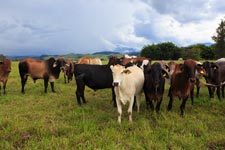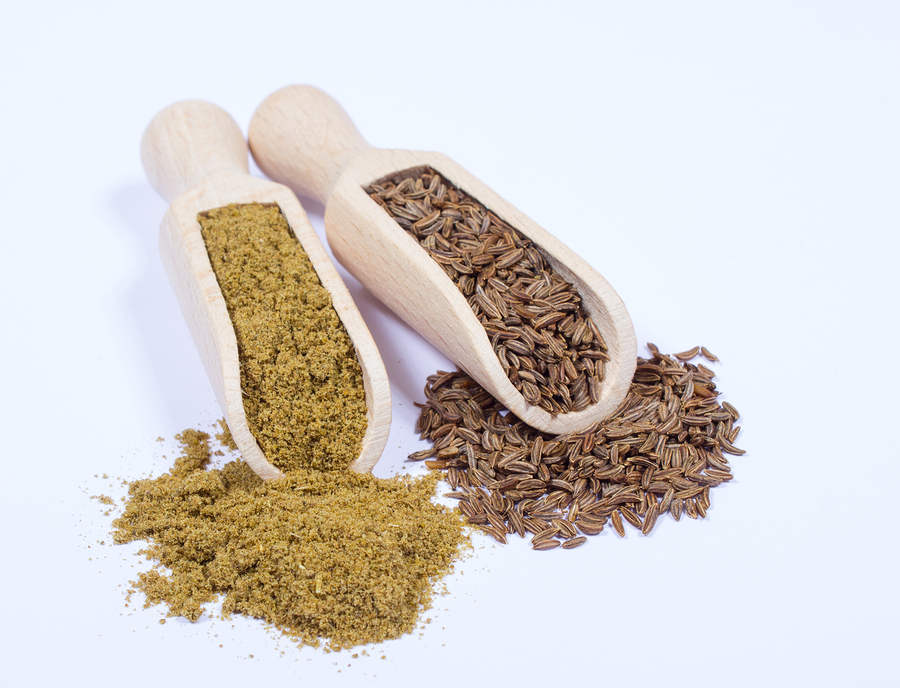Leading The Charge for Food Safety Capacity Building: Four Global Initiatives – Part Three: The Danone Experience
By Yves Rey
Yves Rey is the former chairman of the GFSI Board and Corporate Quality General Manager at Groupe Danone and GFSR is pleased to bring his insights and observations on capacity building to our readers in this three-part series on capacity building. Previous articles in this series have focused on The Global Food Safety Context and the GFSI Mission and the Global Food Safety Partnership (GFSP) and Safe and Secure Approaches in Field Environments (SSAFE)
Part Three: The Danone Experience
Danone
For Danone, milk accounts for 75% of its SKU. The annual milk supply is estimated at eight billion liters, obtained from 120,000 dairy farms worldwide. Of these, 80% are subsistence farms with fewer than 10 cows, supplying 10% of the volume purchased. Another 18% are family farms with fewer than 300 cows, and they supply 55% of the volume purchased. And 2% of our suppliers are big farms, supplying 35% of the volume purchased.
Investing in food safety capacity building is a sound business decision.
There are strong dependencies between Danone and its dairy farm network. On top of that, Danone’s mission embodies the challenging goal of bringing health through food to as many people as possible, everywhere in the world.
Improving access to nutritious, safe and affordable food is fundamental to good health; making dairy products available and affordable locally means producing locally. And local production means having access to safe and high quality milk from local dairy farmers, which poses a real challenge, given the nature of local dairy farming practices.
Training and learning is really one of the key strengths at Danone, there is no way that we can grow this company without growing our people in the broad sense, and you can’t grow without learning. Learning at Danone is a key lever to nurture our distinctive culture and we want to develop it as an asset to accelerate the growth of Danone, its sustainability and profitability.
So investing in food safety capacity building is a sound business decision.
A good milk supply chain is very demanding, in economic, environmental, social and quality terms. This is why Danone, worldwide, partners with farmers to create initiatives that benefit all: the group, the producers, their cows, the environment and consumers. These initiatives are local and depend on the maturity of the dairy industry. In emerging countries, Danone targets specific actions and projects towards smallholders and family farms.
Since the 1990s the group in charge of this aspect of our business has in fact been rolling out a program that uses 70 criteria to assess the farming practices that can affect food safety and milk quality, as well as environmental impacts and conditions for workers. Danone has thus defined internal standards, which are often stricter than local regulations. These standards, alongside other initiatives, strive to bring Danone and the producers together to guarantee the quality and stability of the milk supply chain; the goal is to achieve win-win partnerships with farmers.
In emerging countries, the Group has been using the recently developed SSAFE Global Dairy Farming Food Safety Training Framework to make suppliers part of the development strategy, and to ensure that the business is beneficial to all.
Based on an on-farm pre-assessment audit, as an initial step before implementing the SSAFE program, local learning providers can identify their learning needs and structural market gaps. Specific initiatives with family farms and small holders to help strengthen their activity are being developed by Danone in three main ways:
- Firstly, by giving the farmers access to technical resources. In Algeria, Tunisia, Morocco, Turkey and Indonesia farmers are given refrigerated milk tanks to ensure milk is conserved and to maintain its quality; they are also given cleaning products for the tanks and milking tools to provide optimal sanitary conditions for the milking and collecting processes.
In Algeria and Morocco, Danone also offers the farmers the opportunity to buy concentrate packs (of cereal and corn) to supplement the cows’ daily ration. This system guarantees price stability and milk quality. Through this scheme, Danone dedicates several million euros to animal feed each year.
Finally, in Brazil, the subsidiary there is implementing a system of pooled purchasing with a “central de compras” which works as an intermediary, securing high quality suppliers and below-market prices.
- Secondly, Danone has begun collaborating with its suppliers by making development resources available to them (competencies, training and teaching). One example of this is the “Educampo” program in Brazil. It aims to pair a qualified agricultural technician with 15 to 20 farmers. Each month, the technician visits farmers to advise them on animal health, milk production, best practices for livestock farming, growing feed, etc. This system has already enabled some farmers to increase their milk production by 40% in four years. Almost half of the farmers who work with Danone are involved in the scheme, and the economic and social impacts are visible: the farms generate higher revenues and Danone can produce and sell dairy products locally.
In the near future, in partnership with UNIDO, the Global Dairy Farming Food Safety Training will be launched in Egypt and Nigeria, and then in other countries in Africa to prepare the ground for business growth in African countries.
The topic of global capacity building is as vast as the world we live in and there is undoubtedly more that can be done. But with the dedication of everyone whose work touches on the key mission of advancing food safety for all, it’s apparent that we can advance the cause of global food safety. Not only is it possible, it is also imperative.
About the Author
Yves Rey is Senior Advisor to the DANONE Board of Directors. He is also the former Corporate Quality General Manager, DANONE Group, and the former Chairman of the board of Global Food Safety Initiatives (GFSI). He has more than four decades of experience working for the world’s leading food, beverage and packaging companies in 10 different countries, and he holds MSc. Degrees in chemistry and biochemistry from ENSAIA, France.

-
 FeaturedRisk management
The Cost of a Breach: What a Cyberattack Could Mean for Food Safety Recalls
FeaturedRisk management
The Cost of a Breach: What a Cyberattack Could Mean for Food Safety Recalls
-
 FeaturedRisk management
Securing the Food Chain: How ISO/IEC 27001 Strengthens Cybersecurity
FeaturedRisk management
Securing the Food Chain: How ISO/IEC 27001 Strengthens Cybersecurity
-
 FeaturedRisk management
Revolutionizing Food Safety Training: Breaking Out of the “Check-the-Box” Mentality
FeaturedRisk management
Revolutionizing Food Safety Training: Breaking Out of the “Check-the-Box” Mentality
-
 GFSI Standards
GFSI 2025: Building Trust, Tech-Forward Solutions, and Global Unity in Food Safety
GFSI Standards
GFSI 2025: Building Trust, Tech-Forward Solutions, and Global Unity in Food Safety
-
 FeaturedFood Safety
Integrated Pest Management: Strategies to Protect Your Brand’s Reputation
FeaturedFood Safety
Integrated Pest Management: Strategies to Protect Your Brand’s Reputation
-
 FeaturedFood Safety Culture & Training
No Open Door Policy: Challenges That Impact Pest Control in Food Processing Plants
FeaturedFood Safety Culture & Training
No Open Door Policy: Challenges That Impact Pest Control in Food Processing Plants



